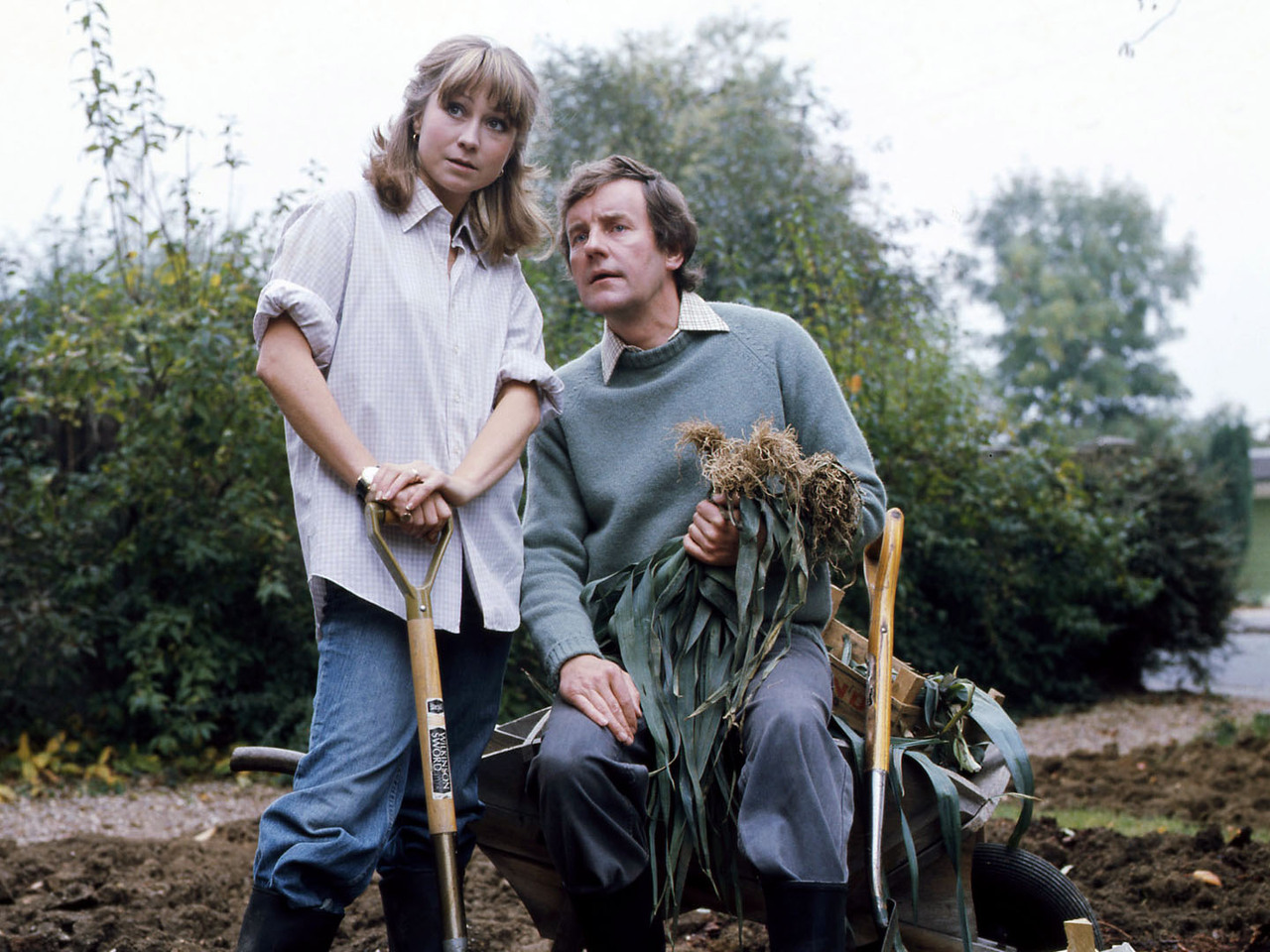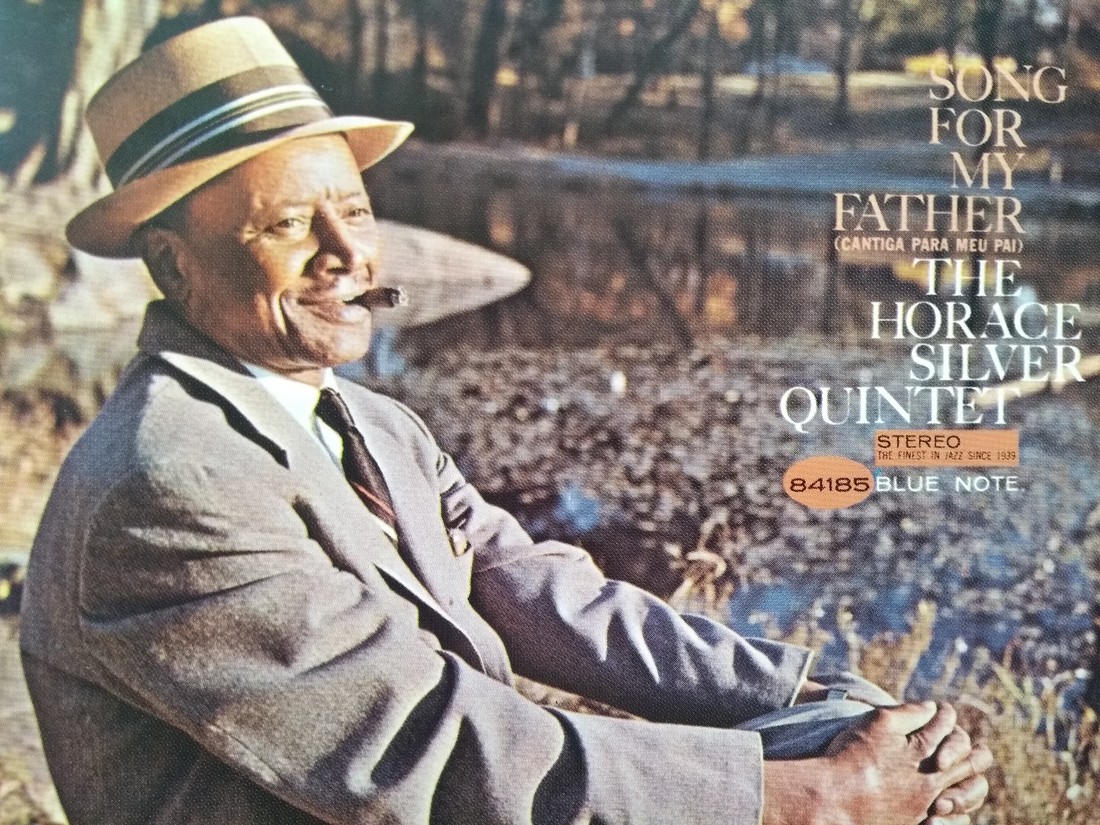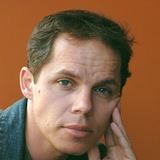A handful of returnees abused what appears to have been a rather lax system – people requested “compassionate leave” to visit seriously ill family members or attend funerals and, essentially, scarpered (or met with friends, behaving like they were on holiday) – so ensuring the quarantine is now policed. Two weeks in a hotel room? Well, I could catch up on my reading. And try and work on writing novels that exist as promissory notes. Still, I held off, continuing to wait until word was given that I’d no longer need endure solitary confinement. That never came and, with so many returning home (so overfilling quarantine hotels), the government started limiting returning flights. For someone who normally travels extensively I felt stuck for the first time in decades.
And then dad had a fall. How often do you hear that a “fall” contributed to an elderly relative’s decline and subsequent death? Plenty. Thus, when I got the message from mum – dad’s recent decline has forced her to master email – that he’d fallen over his walker so breaking several ribs, I felt a curious mix of trepidation tempered with relief: any fall and breakage is bad news when it happens to a 93-year old but, as far as broken bones go, ribs are far less serious than hip or leg. He was in hospital but seemed to be OK. Fluid in his lung had been detected – a common problem for those with heart problems – and would be drained. I guessed he would be home in less than a week.
It wasn’t to be. The doctors informed mum that dad was now needing full-time care. She found a care home near to where they lived, noting that it was much quieter than the hospital so he should sleep better. Which sounds good. But things weren’t: he would reply to the doctor’s questions but, otherwise, remained silent. And then he began refusing any food proffered. His appetite had declined across this year, preferring glasses of milk and to nibble on a muffin. Now he rejected even these. When mum asked him, in his care home bed, if he would like a sip of water he replied “no”, and then never spoke again.
Inevitably, he entered into a coma. I understood he was not long for this world but how short stunned me: I’d spoken with mum on Tuesday July 2nd around 9pm and she reported him having a strong pulse, not being in pain, breathing well. It was then Wednesday morning in Auckland and she was heading to the care home to sit with him. I said something like “well, tell dad that I love him”, knowing he would never regain consciousness to hear such. But, at this distance, it was about the only gesture I could offer. Did I hope he might, somehow, miraculously come out of the coma and declare himself hungry? I wished so while knowing it wasn’t to be. If he had decided life was no longer worth the struggle, then so be it. I’ve since learnt that this happens often amongst the elderly, specifically amongst those who suffer an injury. In some cultures it once was a given that elderly members would shuffle off into the wilderness so leaving without a fuss and ensuring the tribe’s sparse food supplies would go to the younger and more able. Like them, my father was going gently into the good night.
Not that I was thinking of this when, a couple of hours later, came a tearful phone call. Its a strange experience, losing your father while being so far from the mother you wish to comfort. I gave thanks that dad’s death was peaceful yet, at the same time, felt a sudden stop: the most important male in my life was gone. He raised me, shaped me, fought with me. And no longer was there. How to react? By now it was midnight Tuesday so I engaged in predictably male behaviour: opened a bottle of red wine, listened to music, thought about him. I wished I had cigarettes or weed (or both) but not so much that I was willing to venture out into the night to try and find them. Eventually, I passed out on the sofa. The next morning I determined to ring my 90-year old aunt (who lives outside London) so to tell her the news. When she answered she had the radio on and was having trouble hearing me. Thus breaking the news took on a tragicomic dimension: I was crying, my voice breaking up, trying to say “dad died last night” and she kept replying “what’s that? Speak up!” Finally she got the gist of my call and said something like, “well, you were expecting this, weren’t you?” How very British.
I then took a photo with my phone of my parents’ wedding picture and posted it on Facebook with RIP Ron Cartwright (1926 -2020). In parts of the Balkans they photocopy a photo of the deceased (alongside their name, birth and death dates) and tape this up outside the family home (and on bus stops and such – a very public way of mourning). I guess posting on social media is something similar, sharing news and letting the world know you are mourning. Comments poured in. More comments on a single post than I’ve ever experienced before. All of them kind. Some offered memories of having met my father. Others offered condolences and support. Some shared memories of losing their fathers. If anything about dad’s death was life affirming it was this commentary. Eventually, I copied the messages from people who had known dad and emailed them to mum. In her grief she loved knowing he was remembered fondly beyond their own immediate circle.



